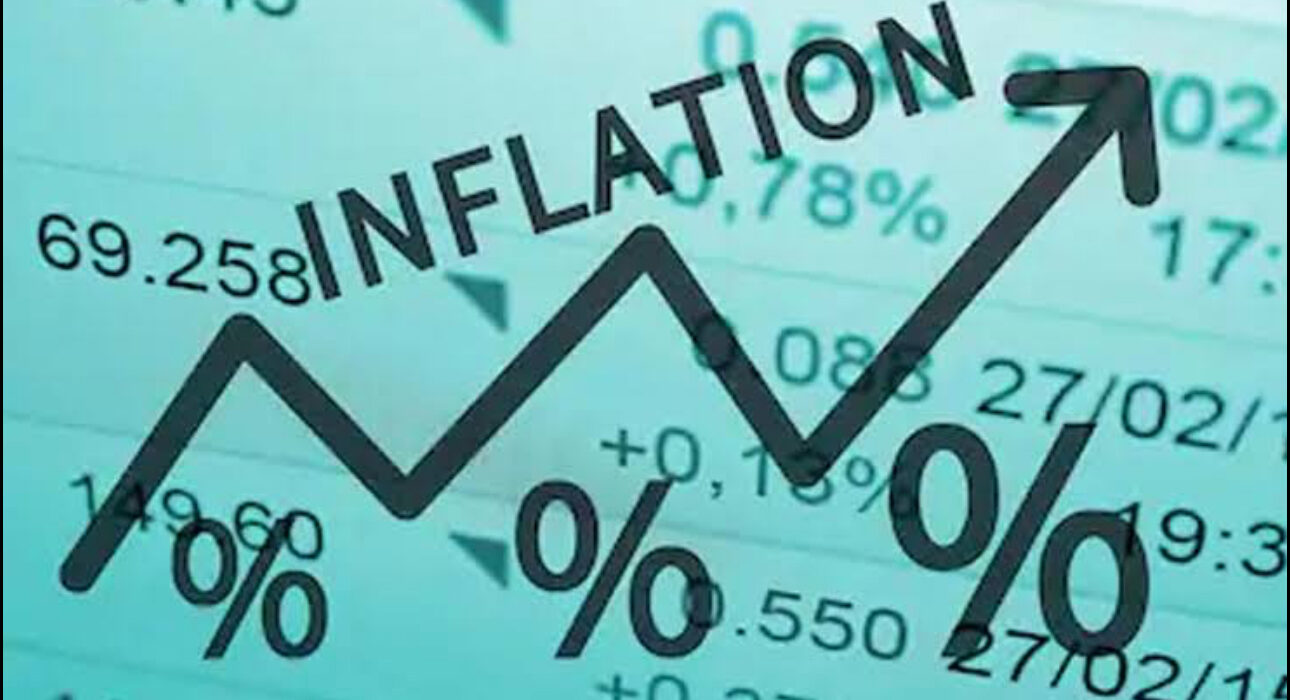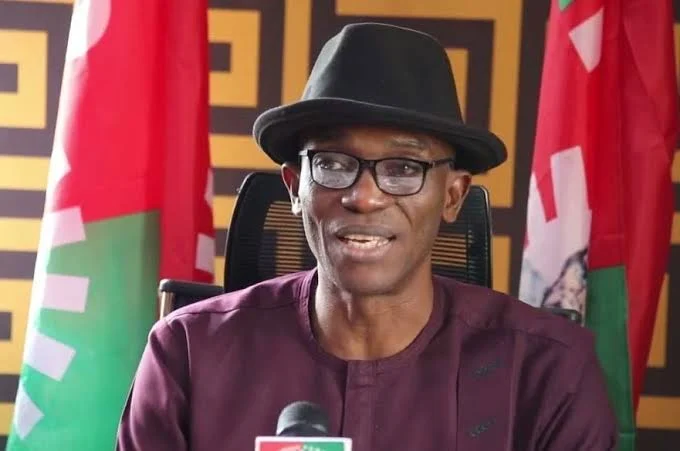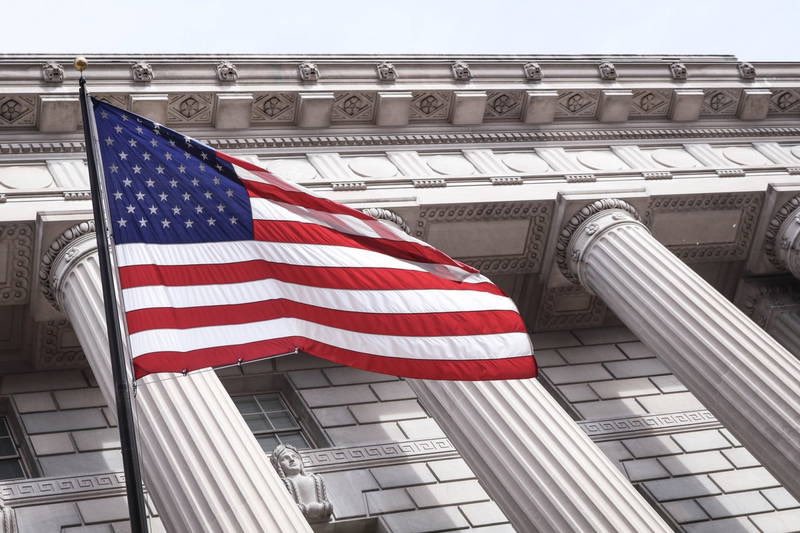Nigeria’s Inflation Rate Declined to 22.22% in June, Marking Third Consecutive Monthly Drop

Nigeria’s inflation rate fell to 22.22 percent in June 2025, down from 22.97 percent in May, according to data released by the National Bureau of Statistics (NBS).
This marks the third consecutive month of decline in headline inflation, offering a glimpse of relief amid persistent economic pressures facing households and businesses across the country.
The NBS report noted that on a year-on-year basis, the June figure represents a significant decline from the 34.19 percent recorded in the same month in 2024.
The sharp drop follows an earlier recalibration of the Consumer Price Index (CPI) base year to 2024, a move that has helped reset the metrics by which inflation is calculated, thereby influencing the trend.
However, while annual inflation appears to be cooling, the month-on-month data tells a more cautious story. Prices rose by 1.68 percent in June, slightly higher than the 1.53 percent increase recorded in May, signaling that consumers are still contending with price pressures, particularly in food and other essential items.
Food inflation, which remains a key driver of overall inflation in Nigeria, eased slightly year-on-year to 21.97 percent in June from 21.14 percent in May.
Nonetheless, food prices increased by 3.25 percent month-on-month in June, up from the 2.19 percent rise recorded the previous month. The NBS attributed the surge to higher costs of items such as tomatoes, pepper, crayfish, fish, meat, and cooking oil.
The latest inflation figures come amid ongoing economic reforms and policy shifts, including the removal of fuel subsidies, exchange rate adjustments, and changes to government spending patterns. These policies, introduced under the current administration, have had wide-reaching impacts on consumer prices, purchasing power, and market stability.
Despite the marginal monthly increases, the downward trajectory of the annual inflation rate has sparked cautious optimism among policymakers and economic analysts.
The Central Bank of Nigeria (CBN), which has held its Monetary Policy Rate steady in recent meetings, is expected to review its stance later this month as it balances efforts to control inflation with the need to support economic growth.
While the inflation data for June reflects a gradual cooling in the broader economic landscape, the reality for many Nigerians remains unchanged. Rising food prices, volatile fuel costs, and unpredictable utility tariffs continue to weigh heavily on household budgets.
Economists warn that unless underlying structural issues—such as weak local production and logistics inefficiencies—are addressed, short-term gains may not translate into lasting economic relief.
As the country approaches the second half of the year, all eyes will be on the next round of policy actions, fiscal interventions, and market responses that could either sustain the easing trend or reverse the fragile progress made so far.









